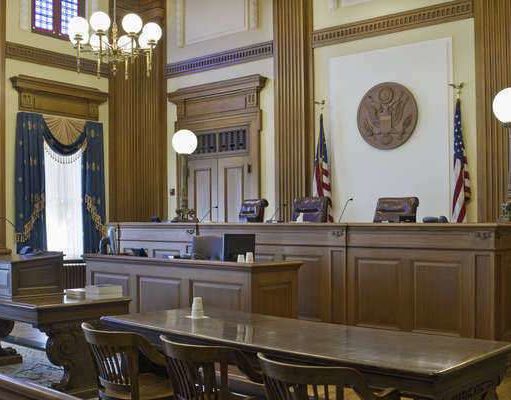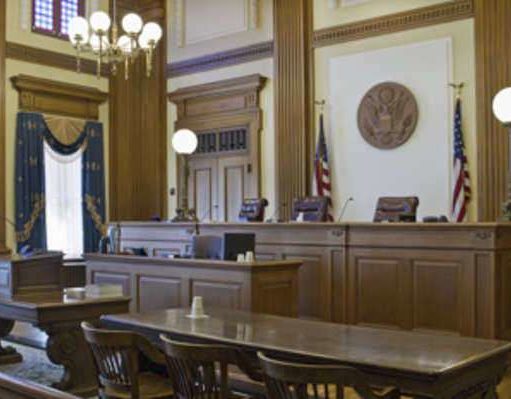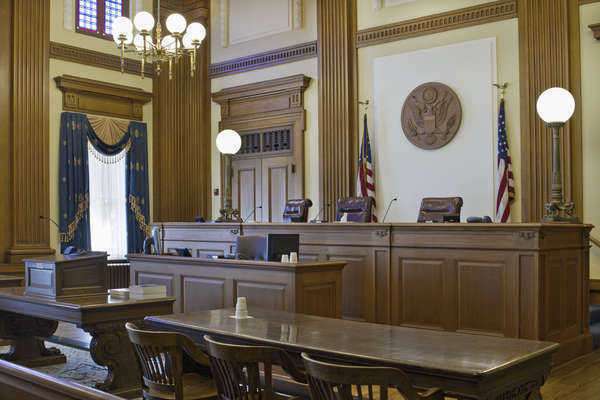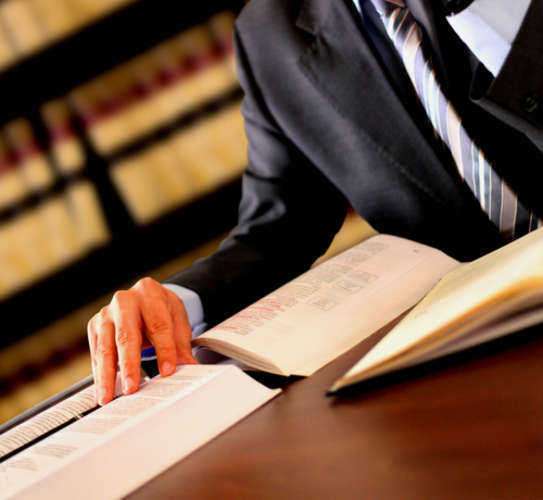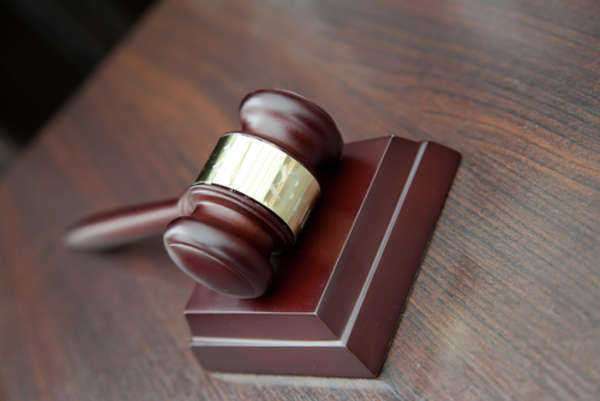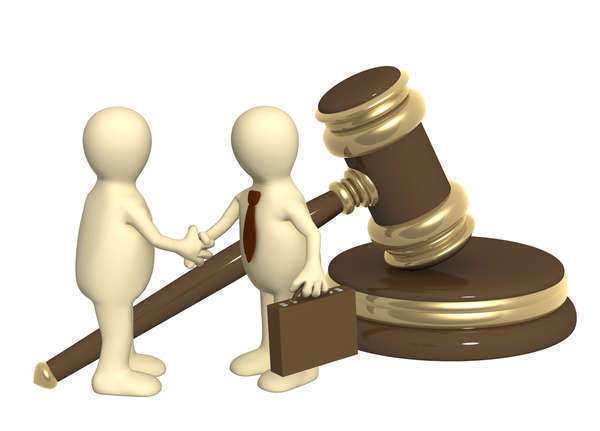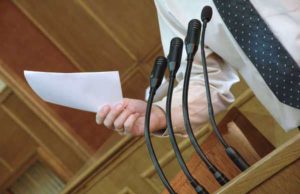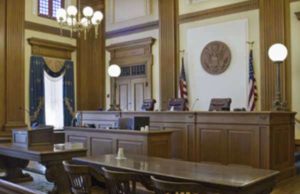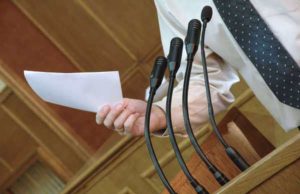An Asked And Answer Question

One of the objections which an attorney might make to a question raised by his or her opposing attorney within a trial is the objection of “asked and answered.” This objection would normally be raised after the opposing attorney asks a question which has already been answered in some capacity. Hence, the objection is called the “asked and answered” objection because the question being objected to has already been asked and answered.
The objection of asked and answered is designed to prevent lawyers from turning their questioning periods into some form of rhetoric or argumentation without connection to asking questions of the witnesses. Sometimes, an attorney in a trial might attempt to drive a point home to the jury by asking the same question multiple times, as the answer to that question might be very important to the attorney’s overall argument. The asked and answered objection could be used in such circumstances to have the question disallowed on the grounds that it has already been both asked and answered.
As with most forms of objection, this objection is subject to a certain amount of interpretation and judgment at the time of its asking. Sometimes, for instance, an attorney might ask a question which seems to be a new question, but is really just a rephrasing of the earlier question, and which thus is subject to the asked and answered objection. Other times, asking the same question multiple times might be permissible for one repetition, or maybe two, but no more.

